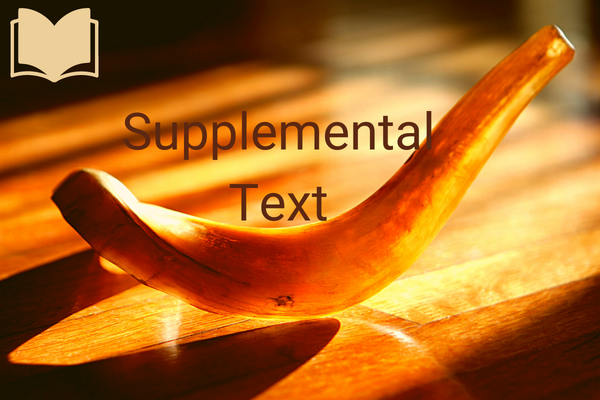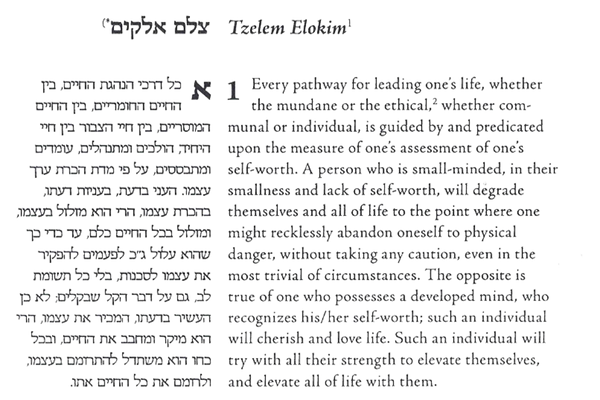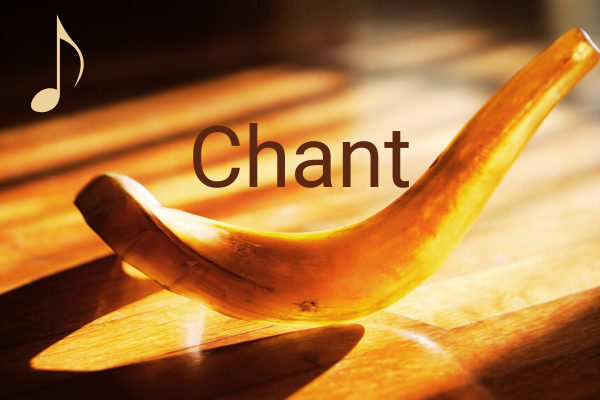ELUL 5782: TZELEM ELOKIM
In the Likeness of God
WELCOME TO WEEK ONE
THIS WEEK'S ELUL SPONSORS
This week is sponsored by Henri Vogel in memory of his wife and Avi Fertig in memory of his mother.
"חֶסֶד וֶאֱמֶת נִפְגָּשׁוּ צֶדֶק וְשָׁלוֹם נָשָׁקוּ"
Lovingkindness and truth meet, righteousness and peace kiss.
Tehillim/Psalms 85:11
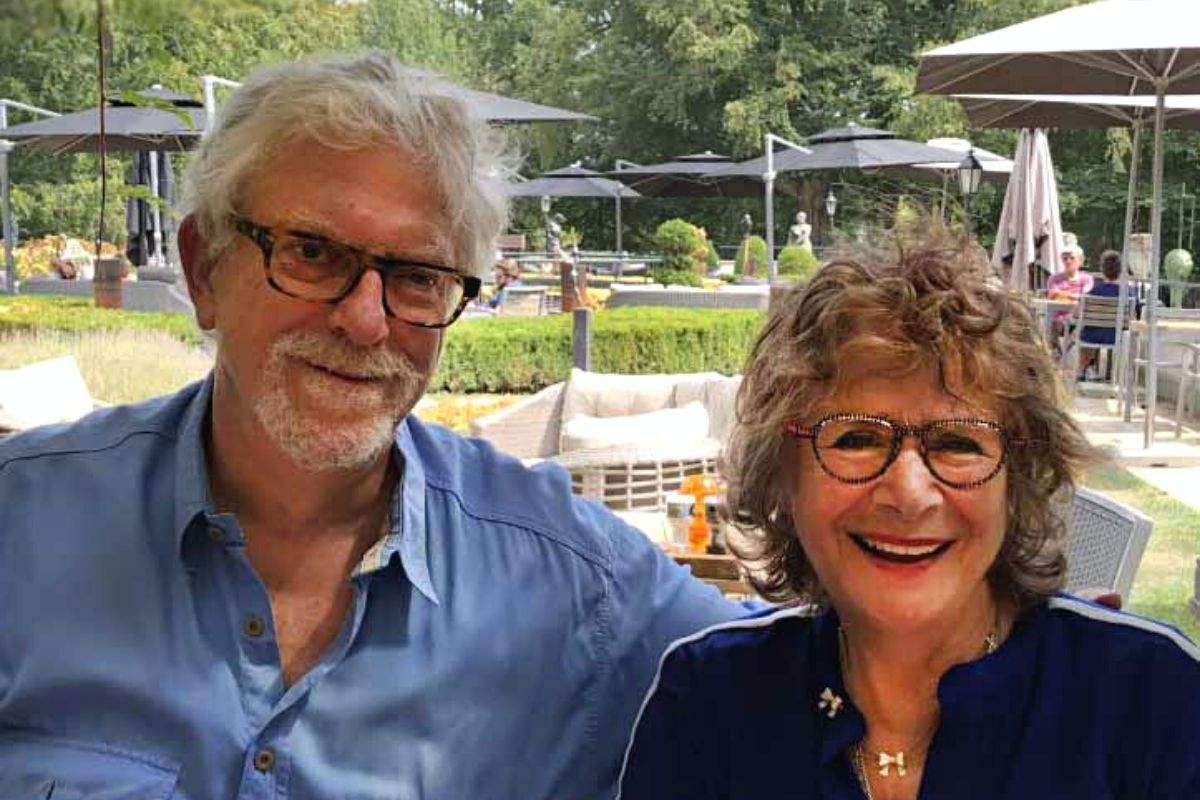
Marga Vogel, Margalit bat Channah v’Joel
לעילוי נשמת מרגלית בת חנה ויואל ז"ל
Marga was a very special person, whom I loved with all my heart. We were together for over 50 years and over the years our souls melted into almost one soul, a match made in heaven. She was extraordinarily empathetic and would know what a person needed without anything being said. This special trait made her successful and much loved both in business (advertising) and in her social connections. When we attended a Torah lesson or any other class, Marga was able to reproduce the lessons, almost verbatim. In our later years, we were blessed to discover Mussar and embarked together on our Mussar journey.
We were privileged to organize the first ever Amsterdam Mussar Kallah. Marga took the lead and schlepped us along to get every detail organized. Marga was a wonderful and loving mother, grandmother and wife, always ready to help with acts of kindness, advice or whatever was needed at any moment. After we retired, we were blessed to be together constantly, and we both loved every moment of it. Marga’s sudden passing in November 2019 left a hole in the hearts of so many. May her memory always be an enormous blessing and may her Neshamah be elevated in Gan Eden.
- Henri Vogel
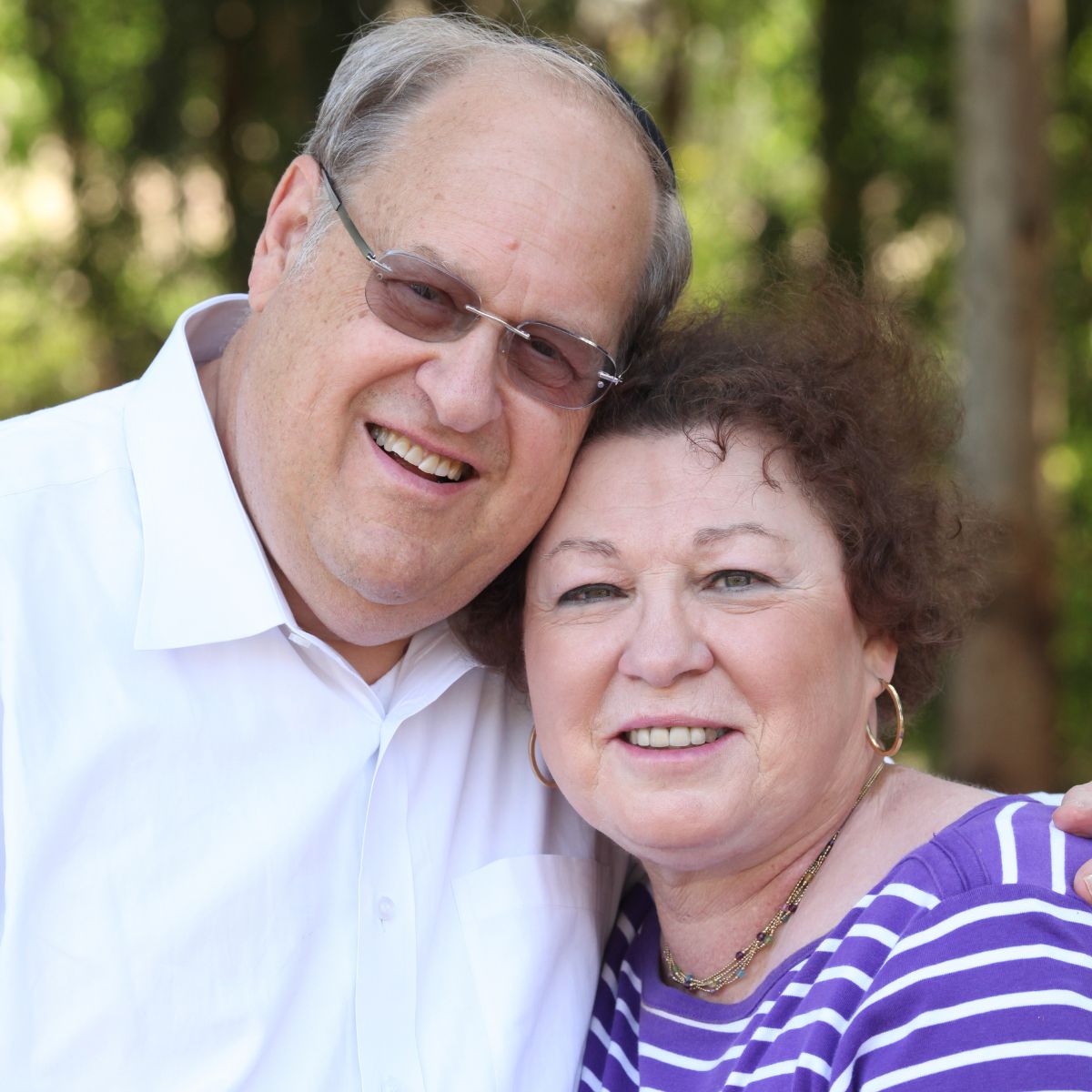
Razel Fertig, Razel bat Shaul Aryeh Eliezer
לעילוי נשמת רייזל בת שאול אריה אליעזר ז"ל
My mother, a”h, passed away suddenly in January of 2017. In the painful flash of a moment, I lost a source of constant energy and love. My mother was blessed with a heart overflowing with kindness and an innate sense that her role in life was to serve others and to make others feel unique and cherished. She taught me the importance of family and modeled being a devoted child, a loving wife and a trusted friend. Her continuous words of encouragement and her ability to experience challenges with acceptance reveal her most elevated traits. Her beauty was the near perfect balance between Chessed and Gevurah, lovingkindness and strength. She was blessed with many creative talents and a relentless passion for life. Thank you, mommy, for teaching me and showing me what is most important in life. May your memory be a blessing and may your Neshamah be elevated in Gan Eden.
- Avi Fertig
We are grateful to our sponsors who will bring us each week of this year's program. The final week, in the tradition of Elul, we invite all of our Chaverim to make a $36 donation in honor and merit of a loved one, may their memory be a blessing. Each of our donors and their honorees will be listed during the final week’s email and on our website
WEEK ONE LEARNING
B’Tzelem Elokim
In our first week, Rabbi Avi introduces our program and leads us through the first section of our primary source text, Tomer Devorah, by Rabbi Moshe Cordovero. Calyah Chanah Isaacs provides a powerful and transformative meditation on Tzelem Elokim and R. Avi provides a chant based on a melody he heard over 25 years ago. We explore how and why being created in God’s likeness is central to Elul and our personal preparations for the High Holidays. We will learn that being created b’Tzelem Elokim provides both a source for our growth and a goal for our spiritual path.
PRIMARY TEXT & ZOOM
Week 1 Webinar: 8/28, 2:30 - 4:00 p.m. ET - Introduction to Tzelem Elokim by Avi Fertig, Director of Mussar
THIS WEEK'S ELUL TEACHER
Rabbi Avi Fertig, Director of Mussar

Avi Fertig studied at the Yeshiva of Ner Yisrael, in Baltimore, before moving to Israel in 1997. While studying at the Mir Yeshivah of Jerusalem, he forged a close relationship with Rabbi Reuvain Leuchter, a foremost student of Rabbi Shlomo Wolbe, a recognized master of Mussar. Since that time, he has been studying, writing, and teaching Mussar to thousands of students. He is the author of two books on Torah and Mussar. He lives in Beit Shemesh with his wife and six children.
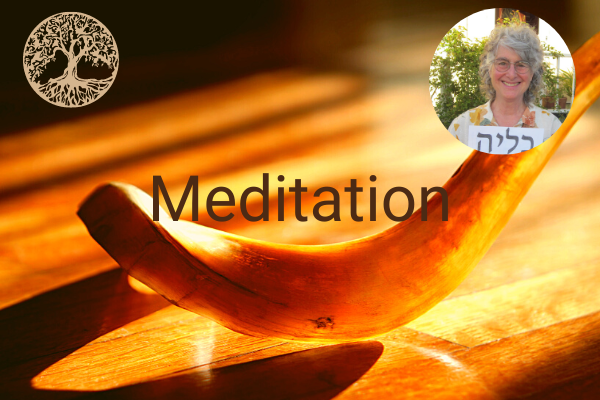
Tzelem Elokim by Calyah Chanah Isaacs
Wherever you are, whether sitting, standing or lying down, allow you weight to sink with gravity into the surface with which it makes contact. Relax into yourself. Feel the floor, seat, couch below you, accepting all of you. You are held. You can let go. Breathe.
Let your awareness rest on your chest, rising and falling with the breath. No effort. You are breathed by the Holy. Allow that awareness to include your heart, beating itself by that same Grace. The touch of H’ living inside you. No effort, just existing, alive. The breath. The heartbeat.
Awareness spreading, emanating from your core and slowly moving outward, downward, and upward, filling your whole body with your attention. Feel where it comes in contact with skin. Notice your skin everywhere, and especially where it comes in contact with air. Notice the feeling of air on skin.
Allow your focus to move beyond skin, into air. Let yourself fill the room in which your body rests. Softening further, your awareness includes the air beyond the walls. Melt into awareness of your town, your state, your country. You include the oceans, the lands everywhere. Feel the heartbeat of the earth.
Awareness of the atmosphere, the rakia. Beyond atmosphere. The Heavens, haShamayim.
The God-spark that breaths you, that pulses your heart, is within you and beyond you. You carry that shadow, that image, that tzelem Elokim. By virtue of being alive, you are b’tzelem Elokim, in G!d’s image.
Says R’ Moshe Cordovero in Tomer Devorah, “it is proper for the human to emulate the Creator, to attain the secret of the Form on High in both image and likeness. But if only the physical reflects this and not the actions, one deceives that Form.”
Our actions emulate the Creator when they are aligned with the Divine Attributes of Mercy. When we recognize that every person we encounter who is breathing, whose heart beats, is the same tzelem Elokim that we are.
We are entering the month of Elul, aleph, lamed, vav, lamed, which also stand for “Ani l’dodi v’dodi li/ I am my Beloved’s and my Beloved is mine.” It is said H’ walks in the fields with us during Elul. We are invited to experience our tzelem Elokim at close range. Rest again and feel your breath, your heart. Know that H’ is close. Allow yourself to increase your awareness of living b’tezelem Elokim during Elul. Let this awareness guide your teshuvah, your repair of your relationships, and your middot in remembering that we are all b’tzelem Elokim.
Bring your focus gently back to your body. Your heartbeat. Your breath. Feel H’ sustaining your life. Breathe. When you are ready, open your eyes, fully present.
Tzelem Elokim by Avi Fertig
וַיִּבְרָ֨א אֱלֹהִ֤ים ׀ אֶת־הָֽאָדָם֙ בְּצַלְמ֔וֹ בְּצֶ֥לֶם אֱלֹהִ֖ים בָּרָ֣א אֹת֑וֹ
Vayivrah Elokim es/et ha’adam b’tzalmo
b’tzelem Elokim barah oso/oto
[And God created the human in the [Divine] likeness,
the human was created in the Divine likeness, Bereishit/Genesis 1:27]
I am created in the Divine likeness,
B’Tzelem Elokim … Godliness is my essential nature
Source: Tomer Devorah begins the book with the words…
הָאָדָם רָאוּי שֶׁיִּתְדַּמֶּה לְקוֹנוֹ
It is fitting for a person to resemble their Creator
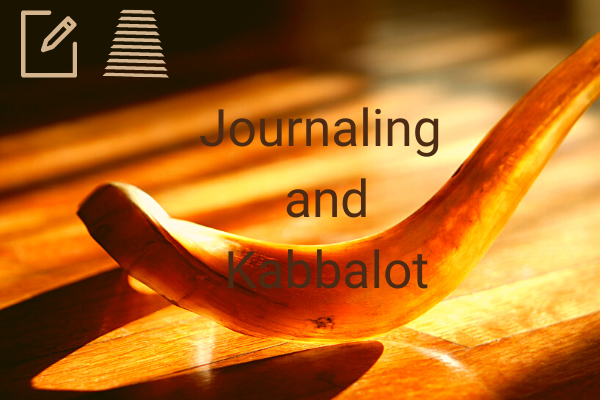
Mussar Practice
Practice 1
How do you understand what it means to be created b’Tzelem Elokim, in God’s Likeness? How might an awareness that you are created in God’s Likeness inform your spiritual path?
Smiling as a spiritual practice
Mussar teachers stress the importance of what the Jewish tradition calls “an illuminated countenance” as a way of perfecting many of the middot that bring a person to spiritual wholeness. This is a deep-seated idea in Jewish thought, reaching back to Pirkei Avot (1:15) where Shammai says, “receive everyone with a cheerful face.” (In Hebrew, b’sever panim yafot).
The Talmud (Ketubot 111a) tells us: “Rav Yochanan said: ‘One who smiles (literally “whitens their teeth”) to one’s friend has done more than giving [the person] milk to drink.’” What is the secret of a smile? Why is it so beautiful? Why do we feel such a warm glow when someone smiles at us? Smiling is the ultimate expression of ha’arat panim (lit., an illuminated face). In its deepest essence this refers to God’s radiating flow of goodness, God’s “illuminated face.” If you concentrate on the feeling that is caused by a sincere smile – whether one you give or one you receive – you can perceive an actual “flow” of goodness radiating from the person smiling. Rabbi Avraham Grodzinski (1883-1944), the great student of the Alter of Slabodka, worked on smiling as a Mussar practice for two years!
Human beings are created b’tzelem Elokim, in God’s Likeness. When we smile, we emulate God’s ha’arat panim. And so, a kabbalah for this week is to make a practice of greeting others with an illuminated countenance, for which a smile will do quite nicely. The practice is to greet others with a genuine smile and not just the outward expression of one. We do this by contemplating the Tzelem Elokim – the Godly likeness that is our very essence.

Practice 2
As you begin Elul and preparation for the High Holidays, step back to consider what is/are your spiritual goal/s? What specific area or middah can you identify now as something that requires your focused attention?
Identifying an area for change
A widely accepted practice in the Mussar tradition during the month of Elul and the ten days leading to Yom Kippur is to identify one small personal kabbalah (resolution) you will take upon yourself at the close of Yom Kippur. Rabbi Yisrael Salanter cautions in Ohr Yisrael (letter 7) to make a small change from within the category we identify as an area that needs our attention. He calls this, “A lasting resolution in a small aspect.”[1] The process involves identifying an area that needs change, and then, from within the larger category, discerning one small aspect you will work on in order to actually make a change.
There is no one way to define an area of personal focus. As a starting point, you might look for something that can be improved in one of the three primary relationships within Mussar practice: your relationship to self, to others or with God. It is always helpful to discern one specific middah from where you will draw your personal kabbalah. And so, a kabbalah for this week is to identify an area and a middah that will become your personal focus during Elul and leading up to Yom Kippur with the intention of creating a small change in this area that will be accepted on Yom Kippur.
This personal focus can become a lens through which you process and bring a personal intention to the different areas we will focus upon as a community in the coming weeks.
[1] in Hebrew, kabbalah shel kayama b’bechina kallah / קבלה של קיימא בבחינה קלה.

